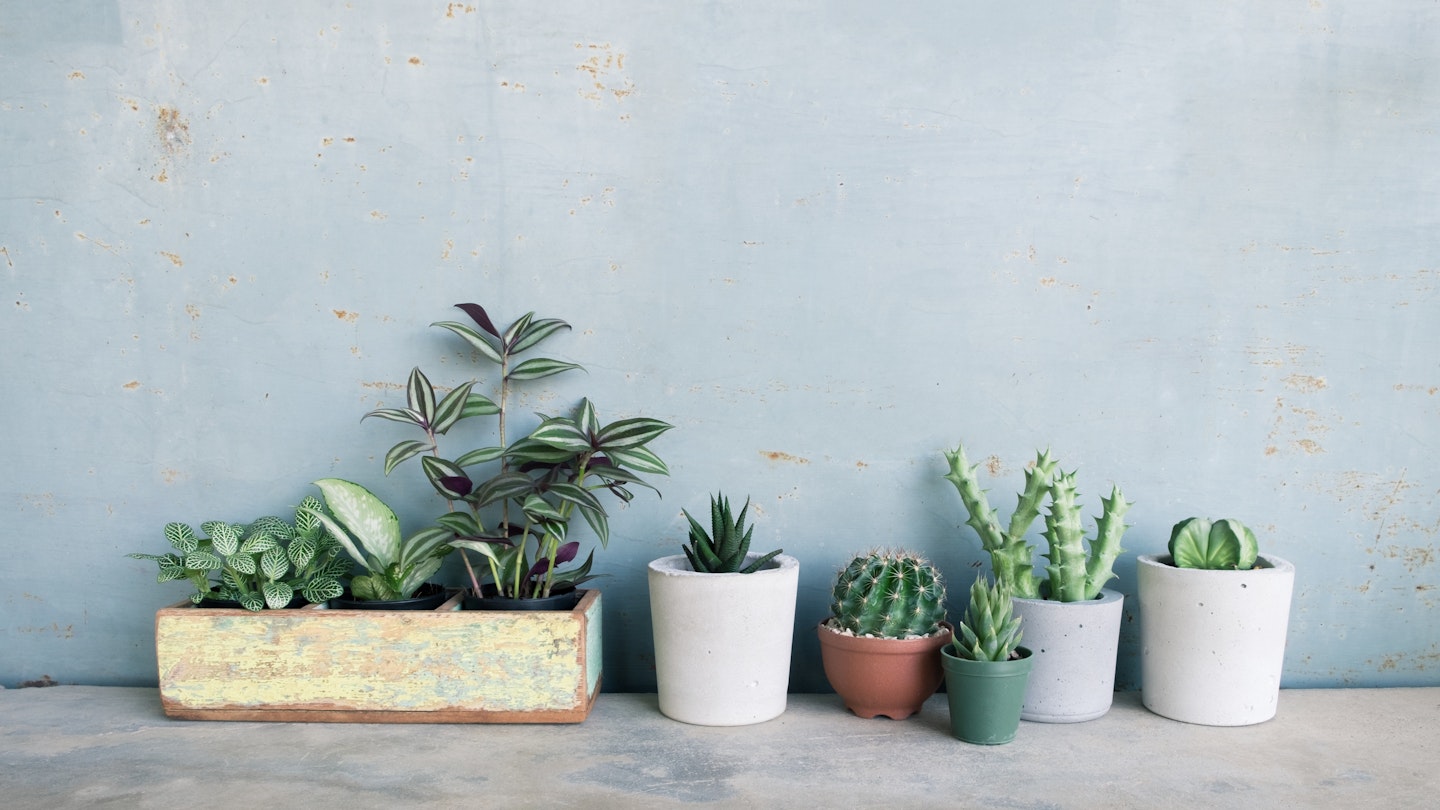I often think back to all of the useless things we learned back in school. I'm still yet to use any form of algebra in my adult life. But, one of my favourite memories, one that I'm sure we all look back on fondly, has to be learning how to grow cress. And before you roll your eyes at the humble herb that yes, is less houseplant and more the sideshow to an uninspired egg sandwich, think back to how insanely rewarding it was to watch an actual green thing grow before your unassuming little KS1 eyes! Retrospectively, it was probably the most satisfying biology lesson I've ever had...
These days, of course, growing a handful of cress simply won't get you very far in the world of interiors. That said, though, if you've never quite satisfied that green thumbed fascination with growing your own houseplants from seeds, maybe it's time to revisit it.
Now, houseplants are hard. We know this. Most (but not all) are easy to kill and require way more attention than many of us are capable of giving another living thing. But there are a few nice ones that are pretty straight-forward to grow and won't take over your entire life.
Why grow houseplants from seeds?
Whether you are an amateur plant lover or a professional horticulturalist, growing your own houseplants from seeds can be a way of living with nature, indoors. We could all need a bit more closure to nature sometimes right? Growing and propagating houseplants from seeds can optimally result in stronger and healthier growth. They are adapted to your home's specific conditions like humidity and light from the start. You know what's also great? Growing houseplants from seeds will save you money. It is a simple and inexpensive way to grow more of your favourite plants for the ultimate indoor jungle experience.
Three things your seed needs in order to germinate
- Moisture
- Warmth
- Light
First of all moisture is key. Your seeds are thirsty and need a consistent level of moisture. Don't flood them though... not too much and not too little. Warmth is also very important. Just like us humans, houseplants don't like to be cold. Many houseplants originate and grow in warm environments, so make them feel at home. And lastly pay attention to light. Make sure to place your seeds under a grow light or simply by a bright window.
What equipment do you need to grow houseplants from seeds?
A basic set of small hand tools is key to make the most of the plants you love. The best part is you don't need much and the setup is fairly simple. You can for instance recycle containers from your kitchen like the fruit containers you get from grapes or strawberries. Just fill them up with moist well-draining potting mix, plant your beloved seeds and close the lid. How simple right? When it comes to hand tools, mini-gardening tools are your friends. Precision is what we need so look for small, sharp tools. Tweezers work nicely for instance to place seeds exactly where you want them.
Tempted? Great. Get over to your nearest garden centre and pick up some seeds for these bad boys. Or, in some instances, make a trip to your mate's house and nick some leaf cuttings from them to recreate whatever pretty plant situation they've got going on over there. Everyone wins.
Grow Your Own Houseplants
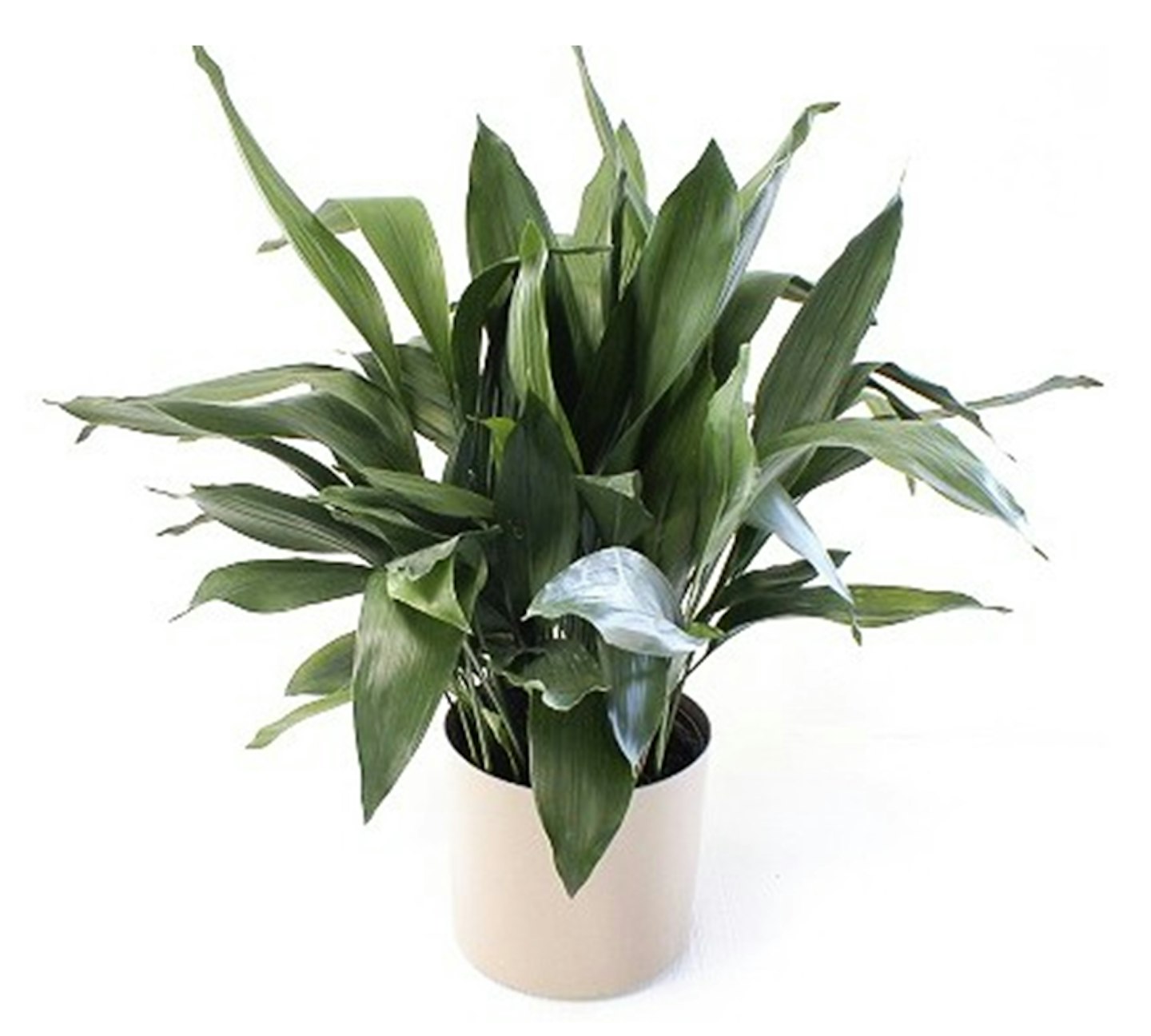 1 of 7
1 of 71. Cast Iron Plant
If you couldn't guess from the name, these guys are tough as hell. Forget to water it? NBD. Zero light in your flat? That's fine. It takes a while to grow but they get pretty big (about 90cms) and doesn't need any special soil or anything. Grow from an existing leaf if you want to speed the process up a bit though.
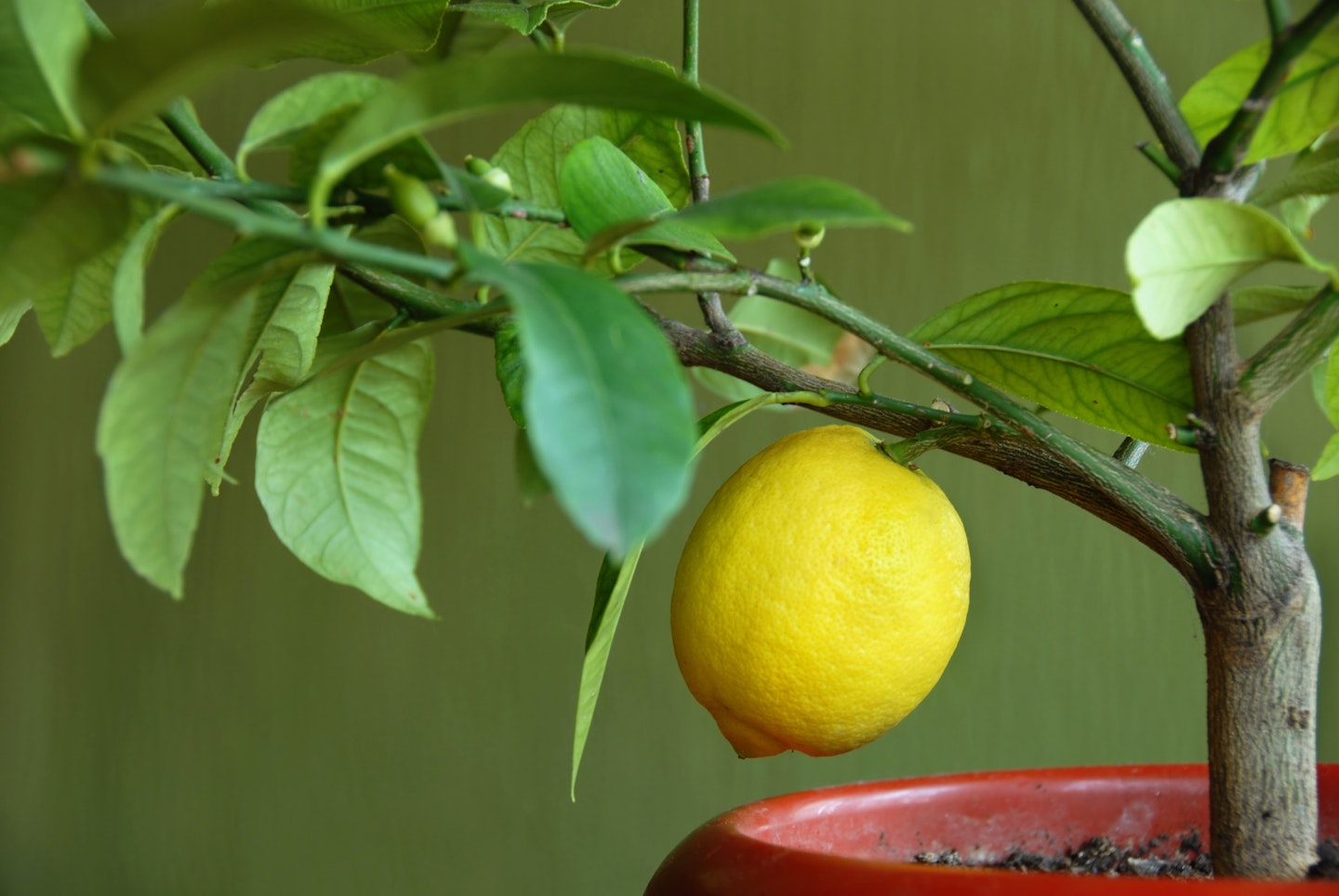 2 of 7
2 of 72. Citrus Plant
Don't wait for life to give you lemons, mate. Grow your own! The main thing to be aware of is the fact that these plants need a lot of good light so pop 'em in a nice and bright room for good results. Lemons are the best place to start in the UK, and you'll want to start these guys outside in the summer and bring them in for winter. If you're nervous about the pressure of growing something edible from scratch for the first time, locate a nursery and buy a one or two year old dwarf tree to grow lemons at home.
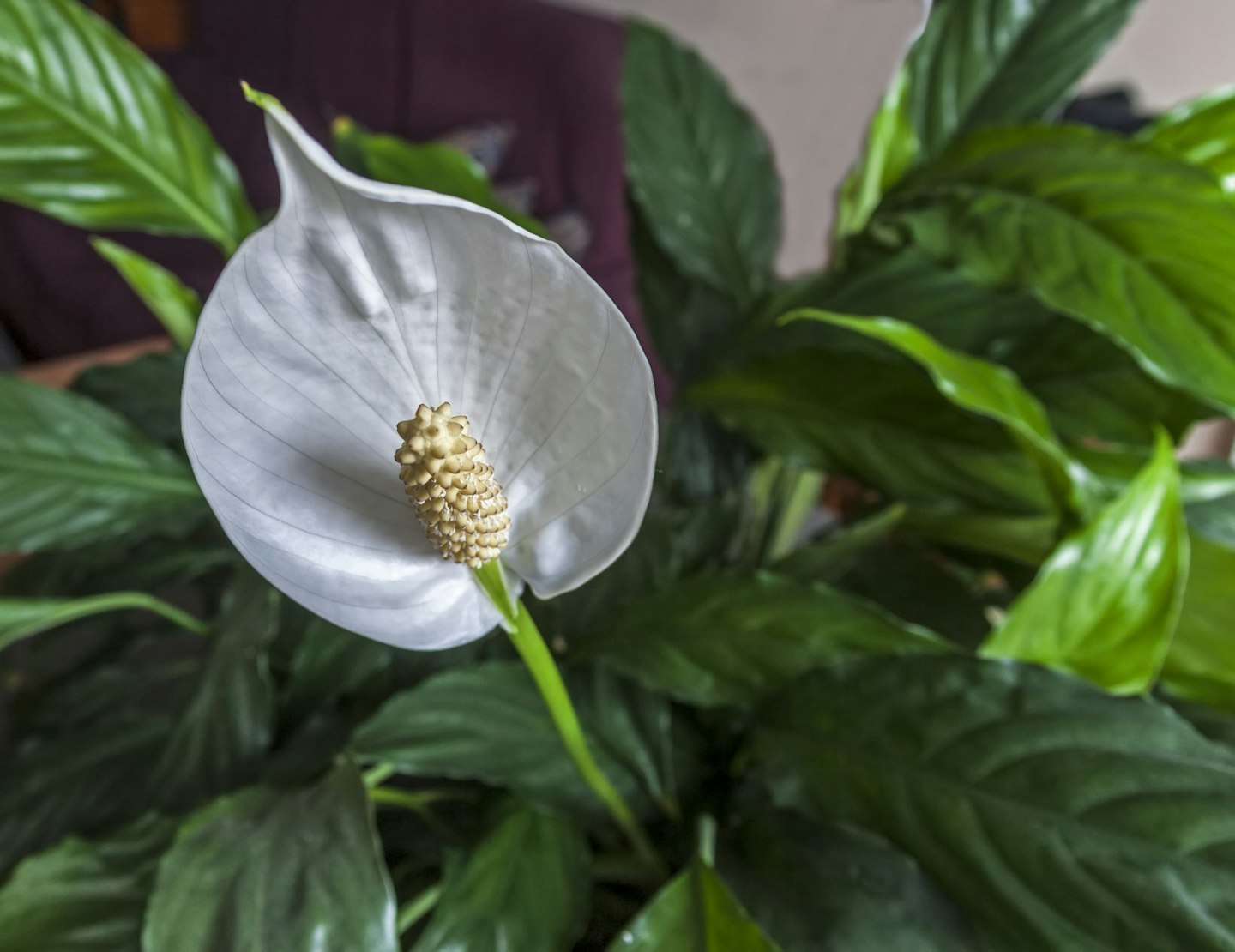 3 of 7
3 of 73. Peace Lily
Peace Lilies aren't just pretty plants, they also help get rid of some of the airs toxins and pollutants. If you fancy growing your own, you'll want to sow a seed in a good soil mix that you can get from any and every garden center, and water little and often. We're talking about a year or so wait to see something of substantial flower and size, but if they don't seem to be producing any flowers at all they're probably not getting enough light. Keep a close eye on them too, because they'll probably outgrow their containers pretty quickly so you'll need to repot them.
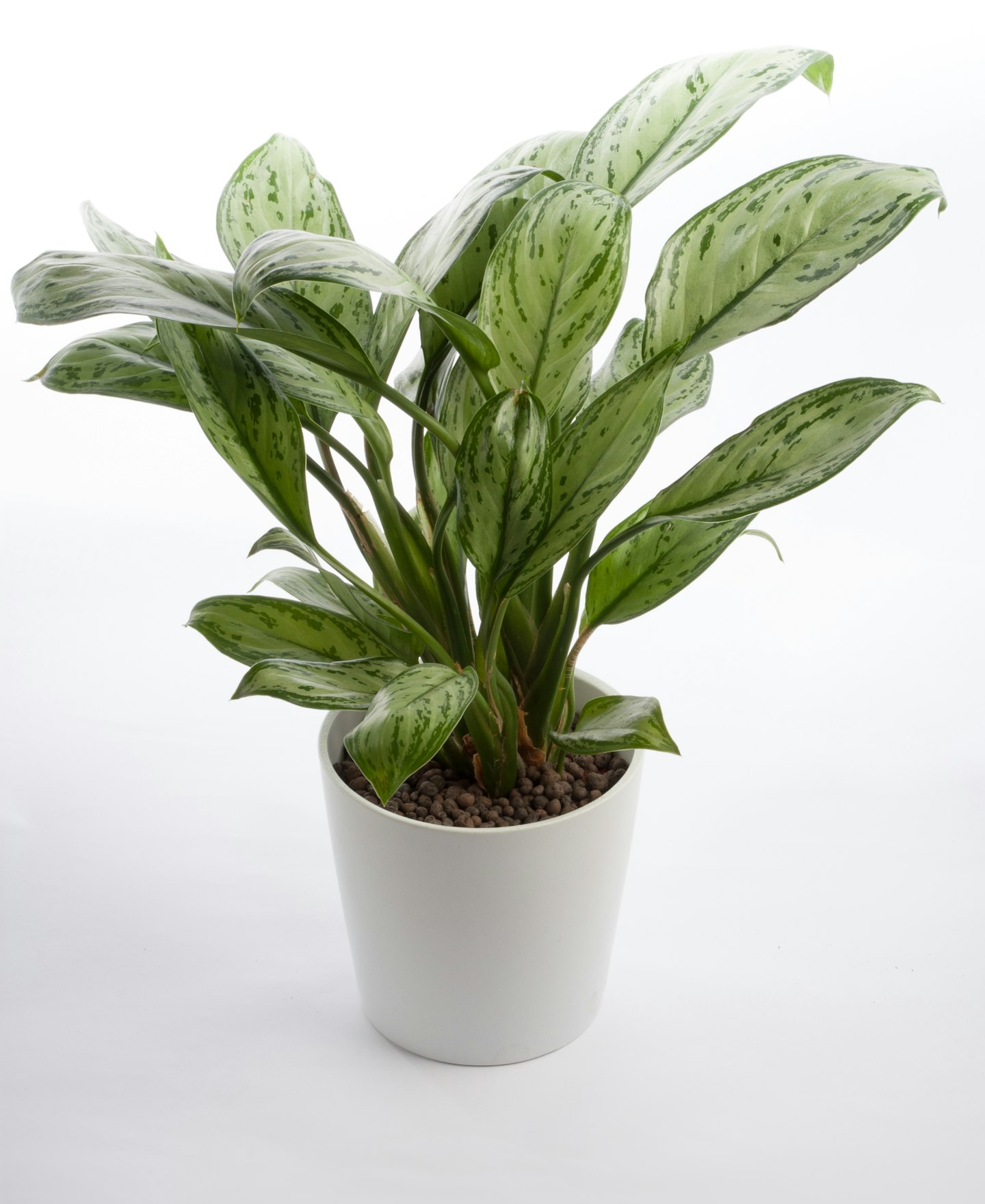 4 of 7
4 of 74. Chinese Evergreen
The key with these nice and resilient plants is to make sure you put it in some well draining soil. It deals really well with rubbish light, dry air and little water, so maintenance wise you're golden. You might be hard pressed to find seeds if you want to start this plant's journey from the very beginning but if you get a small one that you want to occupy some major space, just make sure you keep them away from pesky drafts because it'll make the leaves sad.
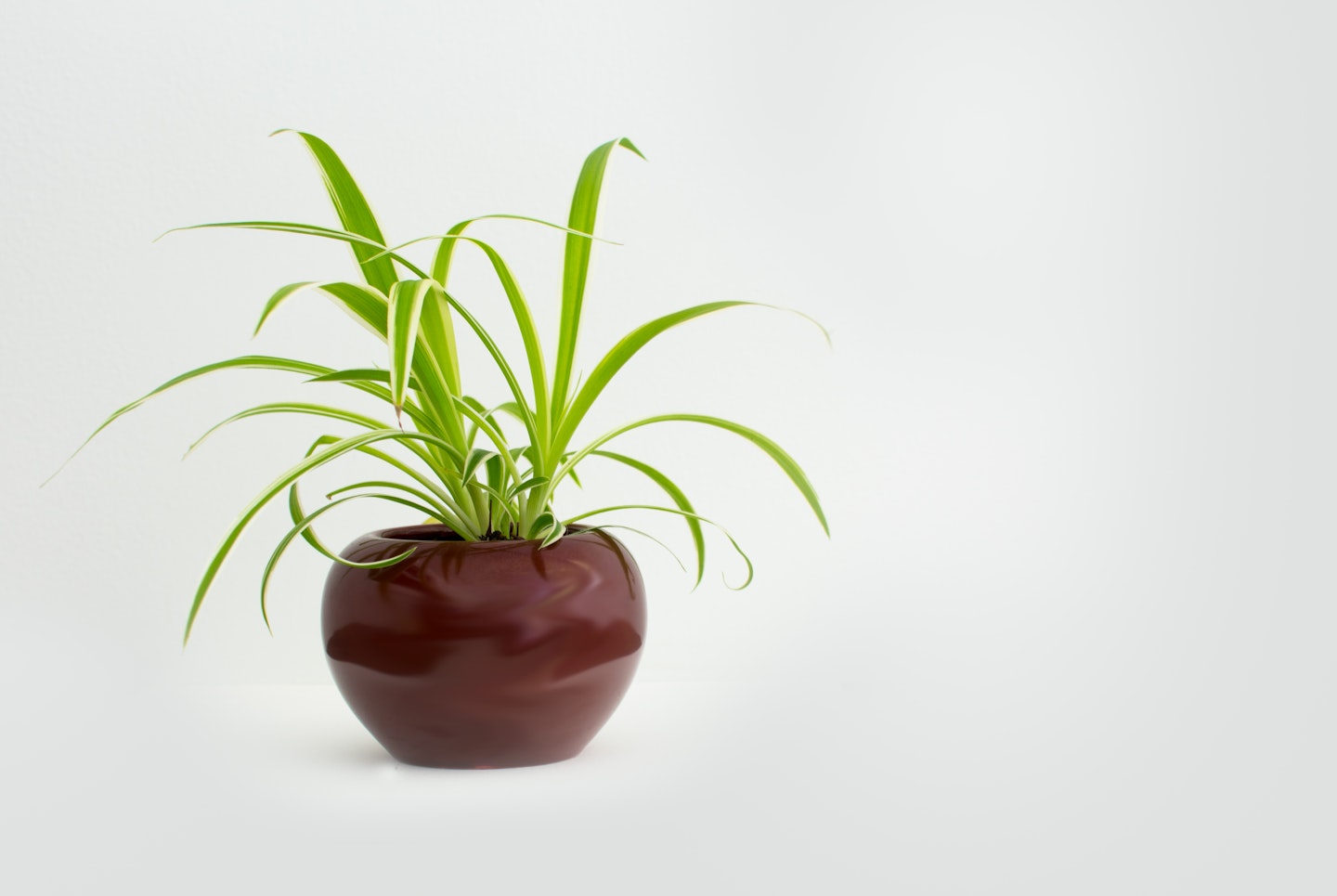 5 of 7
5 of 75. Spider Plant
Spider plants grow pretty quickly so if you buy one and find yourself with loads of little plantlets, you can just pot those up to grow yourself a little spider plant family. Just make sure the baby spider plants have got roots and pop them in a soil-based potting mix and water just regularly enough to keep the soil moist.
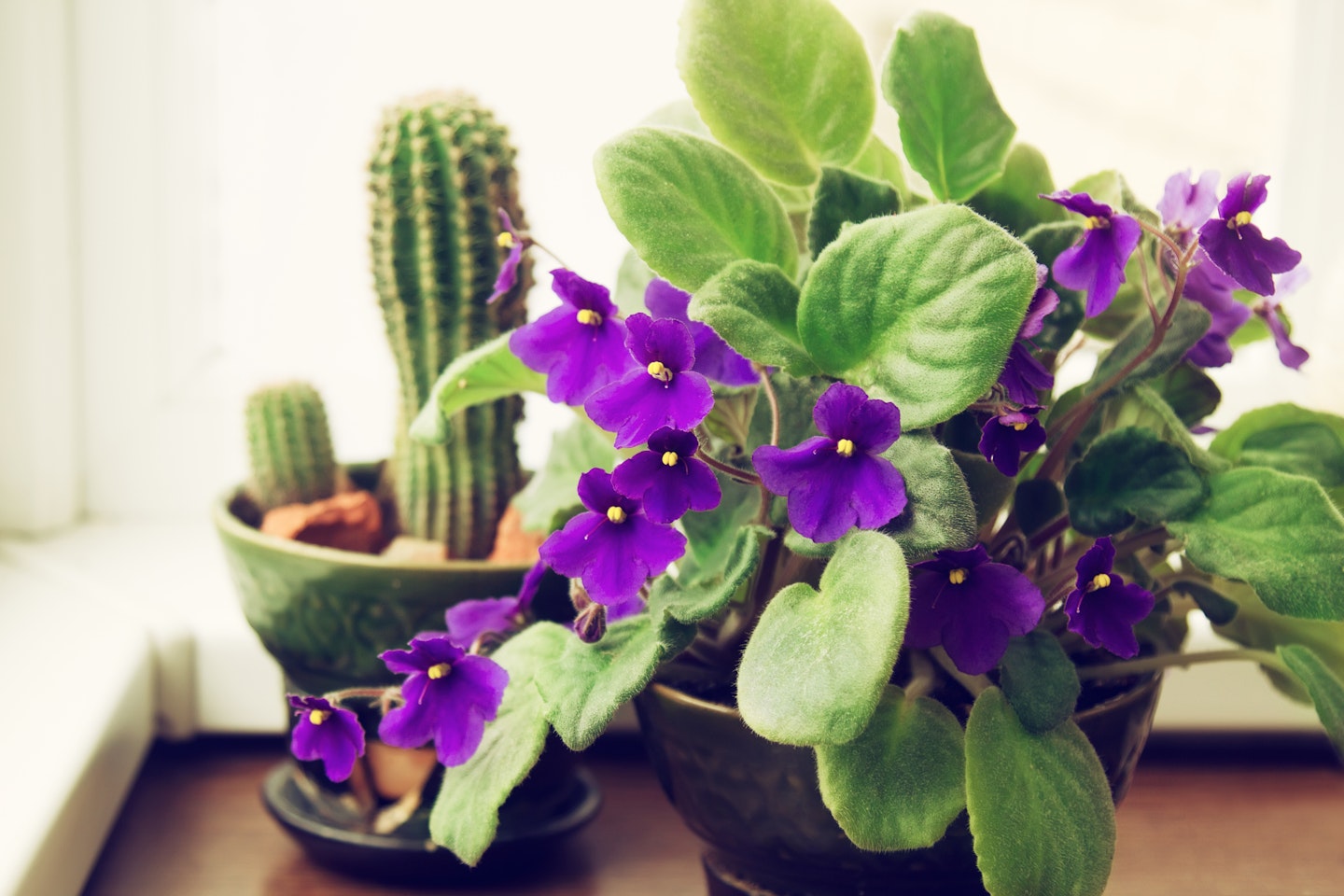 6 of 7
6 of 76. African Violets
As beautiful as African Violets are, before you task yourself with growing your own you'll want to make sure you've picked up the appropriate soil before hand. You'll be able to find special pre-made mixes around, and then it's just a matter of making sure you fertilise them (not while they're in bloom though) to help them grow and avoid getting the leaves wet when you water it.
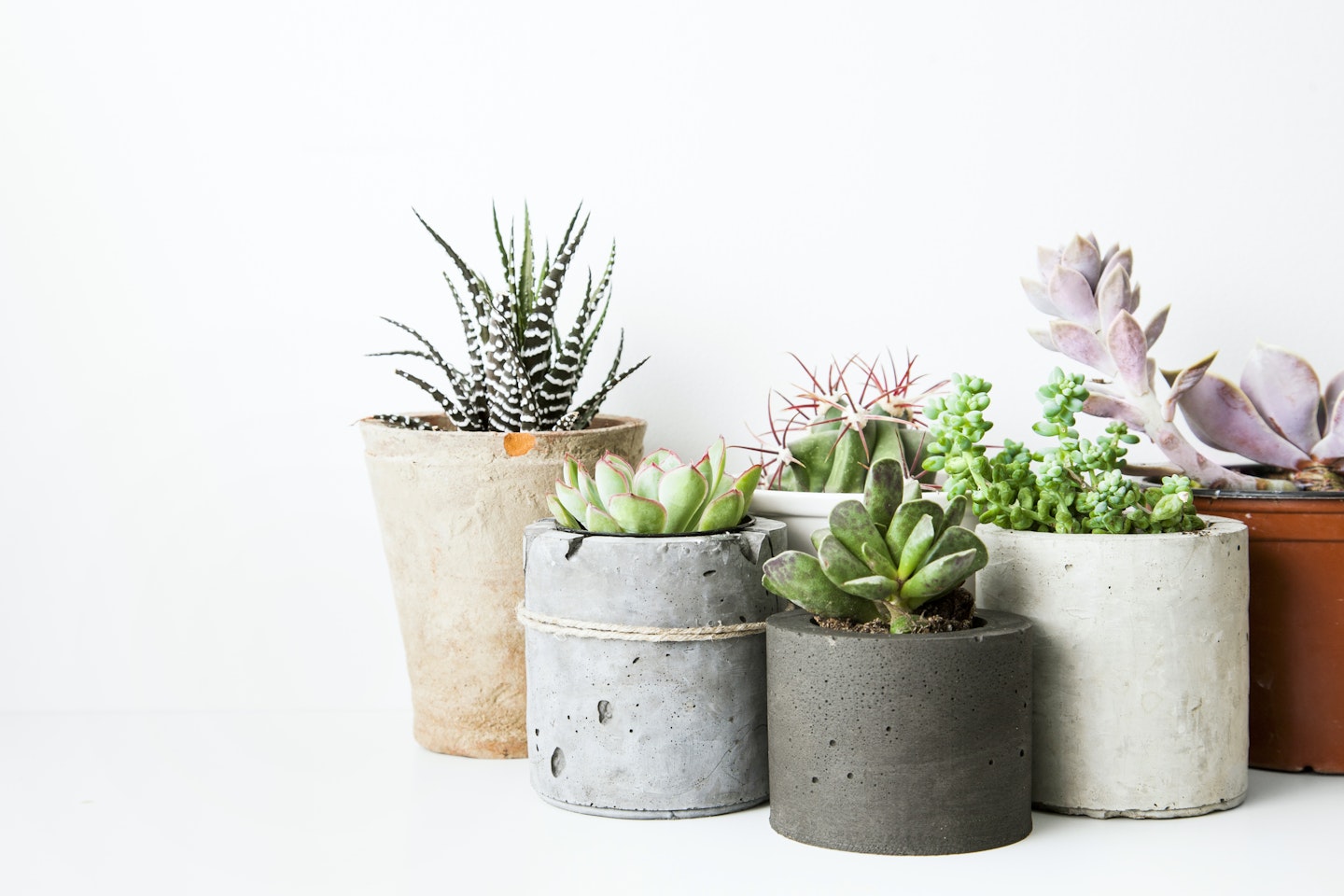 7 of 7
7 of 77. Succulents
Yep, it's our buddies the succulents again. Growing them yourself means popping them in a potted container with drainage holes before confining them to a fancy glass terrarium, okay? Their seeds are teeny tiny so you need to make sure they're well covered with soil so that they aren't moved by over watering or drafts around the house. They grow best in humid environments of course, so you might want to try covering them with something like a shower cap (on The Greedy Vegan's recommendation) until they start sprouting.
Make sure to check out our piece about the 11 best places to buy houseplants right now https://graziadaily.co.uk/life/home/where-to-buy-houseplants-online/
